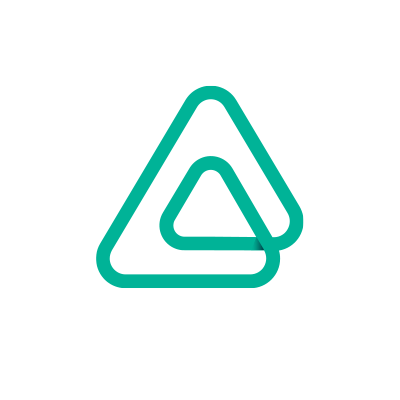You’ve seen stats on the lack of diversity in today’s workplaces. Now, it’s time to let data drive your diversity, equity, and inclusion (DEI) efforts. Meet focus groups.
Focus groups concentrated on DEI offer your organization information you can’t get anywhere else. Diversity focus groups or listening sessions can be a powerful tool in understanding your workplace’s culture, equipping you with insight and perspectives directly from your team.
In fact, Harvard University professor of economics and Equal Opportunity Ventures founder Roland Fryer recommends more executive leaders solve diversity challenges “in the same way they solve problems in every other aspect of their business: through intelligent use of data, rigorous hypothesis testing, and honest inference about what is working.”
Focus groups are just one dimension of a data-driven approach to DEI. In this article, we reviewed publicly-available diversity focus group questions from leading institutions and thinkers to give you some of the top questions to ask a diversity and inclusion focus group.
Use diversity listening session questions to define terms
DEI focus group questions should start out with basic inquiries to acclimate participants with one another and to the topic itself. Thomas Jefferson University refers to these preliminary questions as engagement questions.
Engagement questions help create common ground and understanding, which is particularly important when it comes to complex topics like diversity, equity, and inclusion. Keep in mind that workplace inclusion can look differently for each individual, especially in light of an employee’s personality, role, or background, for example. And last but not least, launching your DEI focus group questions with engagement questions will help you build a sense of the state of diversity and inclusion in your workplace.
Examples of engagement questions include:
- How do you define diversity?
- Is a feeling of belonging more about mutual respect for you? Acceptance? What other words would you use? (via Focus Group Questions from the Human Capital Institute)
- What does it mean for you to be a part of a diverse, equitable, and inclusive work environment?
Here's a pro tip for conducting a diversity and inclusion focus groups: The Human Capital Institute recommends one or two moderators in each group. The second moderator is present to take notes and make observations “on the dynamics among participants to uncover blockages in communication that may prevent authentic needs and opinions from surfacing.” In other words, what people say is just as important as how they say it, especially in group settings when they’re answering diversity focus group questions.
Explore workplace culture with diversity focus group questions
The bulk of your DEI focus group questions will consist of what researchers call exploratory questions. This set of diversity listening session questions should be tailored to your specific workplace, helping you uncover the realities of what diversity and inclusion looks like (or doesn't look) at your workplace. In this stage of the diversity focus group, you’ll move from understanding the state of diversity in your organization to diving into the nuts and bolts of DEI.
Examples of exploratory diversity focus group questions include:
- How would you describe your first impression of the organization’s diversity, equity, and inclusion? Has that impression changed in any way, and if so, how?
- Are there places/times at work where you experience feelings of belonging or inclusion? (via Focus Group Questions from the Human Capital Institute)
- Are there places/times at work that you feel a lack of belonging or inclusion?
- What do you consider to be barriers to establishing an inclusive environment and equitable opportunities? (via The University of Texas at Austin’s Guide and Template for Conducting Diversity Planning Focus Groups)
Create space for feedback with DEI focus group questions
As you listen and learn from the answers to your diversity listening session questions, it’s important to create space for participants to voice their feedback freely. Open-ended closing questions are an excellent opportunity for focus group members to add insight and detail that may be useful in crafting your organization’s overall DEI strategies.
Examples of closing questions include:
- If you had the opportunity to speak with the Chief Diversity Officer, what would you ask or tell them? (via The University of Texas at Austin’s Guide and Template for Conducting Diversity Planning Focus Groups)
- Of the DEI issues discussed today, which is the most important to you?
- Is there anything regarding diversity, equity, and inclusion that we didn’t discuss but should have?
Advance diversity and inclusion with AboveBoard
At AboveBoard, we believe information is power. For instance, employee surveys and focus groups can be valuable tools to equip leaders with data they need to create a more inclusive workplace. But information is just the start. Once we know better, how do we do better?
AboveBoard is here to help. From expert guides and executive resources to leadership events and our innovative platform for executive hiring, we’re on a mission to diversify and equip C-suites and boardrooms.
We found that traditional models of executive recruiting are often inherently exclusionary, and we've used this information to turn the recruiting industry on its head. Say goodbye to retained executive search firms and leveraging personal networks, methods that often leave out marginalized groups of executives, including candidates who are Black, Latinx/Hispanic, and women. On AboveBoard's executive hiring platform, underrepresented candidates connect directly to executive opportunities at today's leading companies. Change starts here. Join us as we work to advance diversity, equity, and inclusion.









